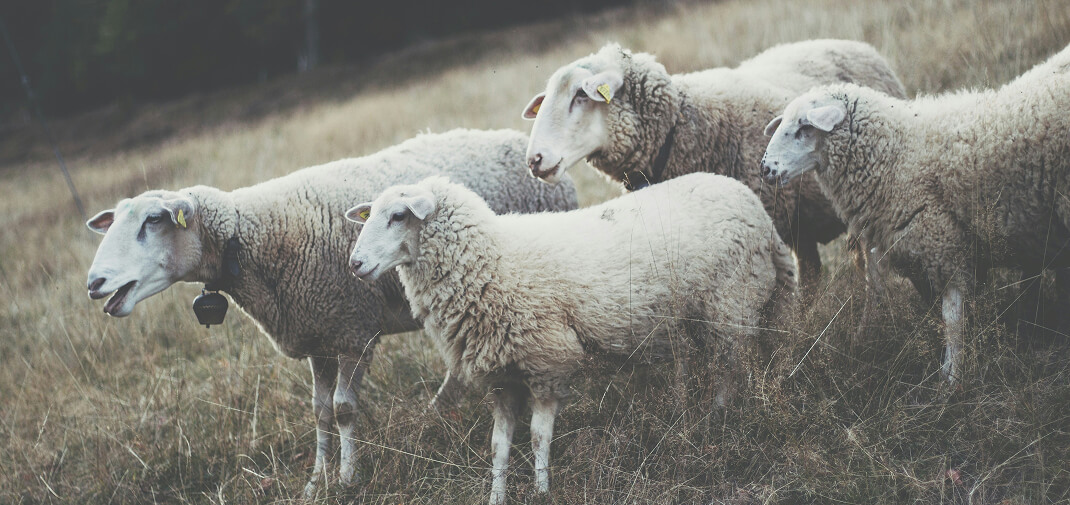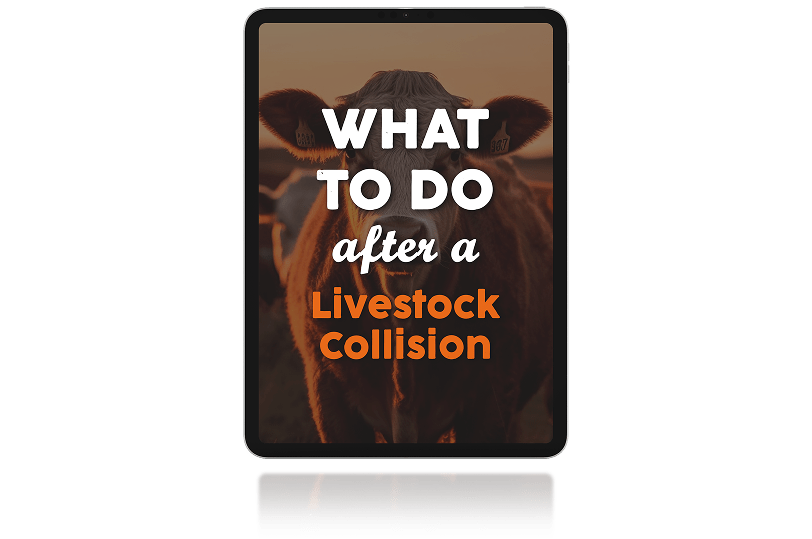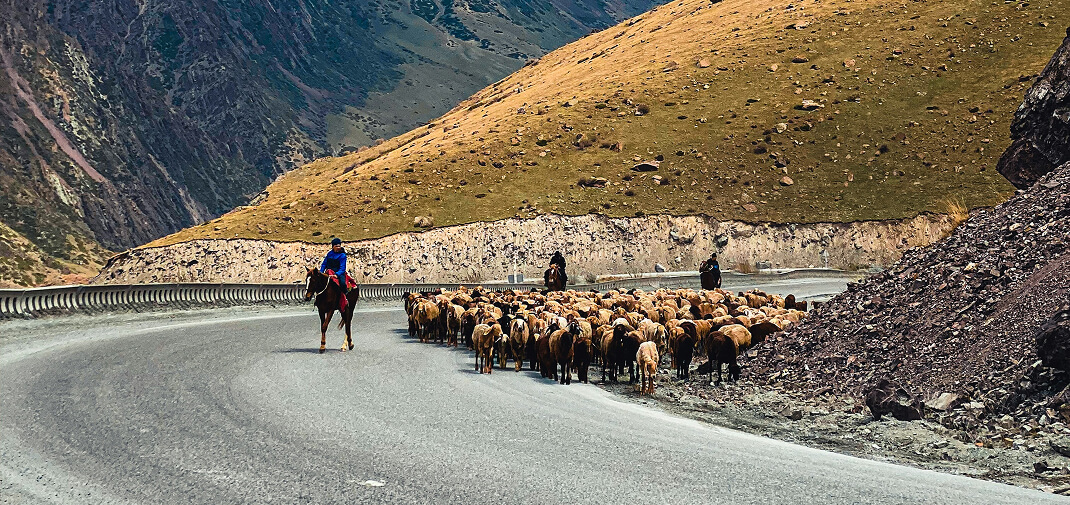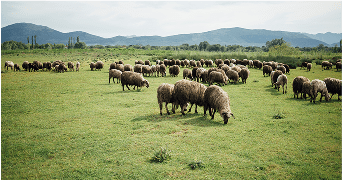
Not every livestock-related collision involves a horse or cow. In rural areas of the country, crashes involving goats, sheep, pigs, llamas, and other smaller farm animals occur more frequently than many realize. Although these animals are smaller than cattle, they can still cause drivers to lose control, swerve off the road, or collide with other vehicles. When a property owner fails to secure animals and a crash results, the law may allow you to hold them legally responsible. Filing a claim can help cover medical bills, lost wages, and the replacement of your vehicle.
At Silva Injury Law, we represent individuals injured in animal-related accidents nationwide. Whether a loose goat darted into traffic or a herd of sheep wandered onto a rural road, a goat accident lawyer from our firm can evaluate the situation and advise you on your legal options.
We fight to recover medical expenses, lost income, and pain and suffering.
We investigate the cause of the crash and hold negligent parties accountable—ranchers, landowners, or government entities.
We handle the legal process so you can prioritize your recovery and your family.
Legal Standards for Livestock-Related Injury Claims
California law does not automatically presume the animal owner is at fault. There is no presumption or inference of negligence simply because a crash occurred between a domestic animal and a motor vehicle. This means the burden is on the injured party to show the owner failed to act with reasonable care.
That burden can still be met. Under California negligence law, anyone who owns or controls property or keeps animals must avoid causing foreseeable harm to others. If a property owner knew or should have known that fencing was defective, or that animals had escaped before, and did nothing to fix the problem, they may be liable for resulting injuries.
In many areas of California, including parts of the Central Valley, counties have adopted closed-range ordinances. These rules supersede older open-range designations and require livestock owners to confine their animals, including goats and sheep. Failing to do so may further support a finding of negligence.
Common Situations That Lead to Small Livestock Crashes
Vehicle accidents involving goats, sheep, pigs, or other similar animals can occur when:
- Fences are broken or poorly maintained. If a property owner neglects to repair or uses inadequate fencing to contain animals, they can easily escape and enter roadways.
- Gates are left open. Leaving pasture gates unlatched, even temporarily, can result in animals wandering into traffic.
- Animals are left unsupervised near roads. Some owners allow goats or other livestock to graze near property edges, failing to consider the escape risk.
- Livestock transporters lose control of animals. Handlers may accidentally release small animals into traffic during loading, unloading, or transit.
- Public events or petting zoos lack secure barriers. Traveling shows, farm fairs, and school events sometimes fail to contain animals properly near roads or parking areas.
Each of these situations involves preventable conduct. A goat accident lawyer can help determine what went wrong, identify who controlled the animal, and build a case for compensation based on negligence.
Repeat Animal Escapes Signal Ongoing Negligence
When livestock escapes more than once, it may indicate a pattern of neglect. Property owners who know their animals have gotten loose in the past must take corrective action. Failing to repair fencing, install proper latches, or monitor gates after a prior incident shows disregard for public safety. If a farm animal has caused previous disturbances or crashes, that history can strengthen your claim. Courts often view repeated escapes as evidence that the owner failed to act reasonably and should be held accountable for the resulting harm. An experienced California personal injury lawyer with Silva Injury Law can help you locate favorable evidence to establish a pattern of negligence.
Failure to Supervise and Contain Animals Near Roadways
Property owners have a duty to monitor their animals, especially when livestock graze near public roads. Goats and sheep are agile and often escape through small openings if left unsupervised. Owners who allow animals to roam unsupervised near traffic areas create a foreseeable hazard. Placing animals in a field without checking perimeter integrity or supervising behavior isn’t enough. If an owner fails to inspect enclosures or monitor animals known for escaping, that neglect may form the basis of liability. Responsible ownership requires proactive containment, rather than relying on outdated fencing or assumptions about animal behavior.
How a Goat Accident Lawyer Can Help Your Case
When you contact Silva Injury Law, our team will start by investigating where the animal came from and why it was on the road. That may include:
- Obtaining crash reports and witness statements;
- Photographing fencing, gates, or nearby enclosures;
- Researching prior incidents involving the same property or animals;
- Reviewing county ordinances and range designations; and
- Identifying the legal owner or party in control of the animal.
These cases often require quick action to preserve evidence. Animals may be moved or hidden after the crash, and property owners may attempt to deny ownership. With our help, you’ll have someone advocating for your rights from day one. We’ve handled many animal accident cases and know where to look to uncover the evidence you’ll need to establish your claim.
Get Answers with Livestock Accident FAQ
Don’t Let a Livestock Crash Leave You Without Answers
If you were injured in a crash involving goats, sheep, or other farm animals, you deserve more than just assumptions and blame-shifting. Silva Injury Law is ready to investigate, gather the facts, and help you hold negligent animal owners accountable. We understand California’s livestock laws and know how to build strong claims for rural roadway incidents. Call Silva Injury Law today for a free consultation. We’re here to help you pursue compensation and get your life back on track.


